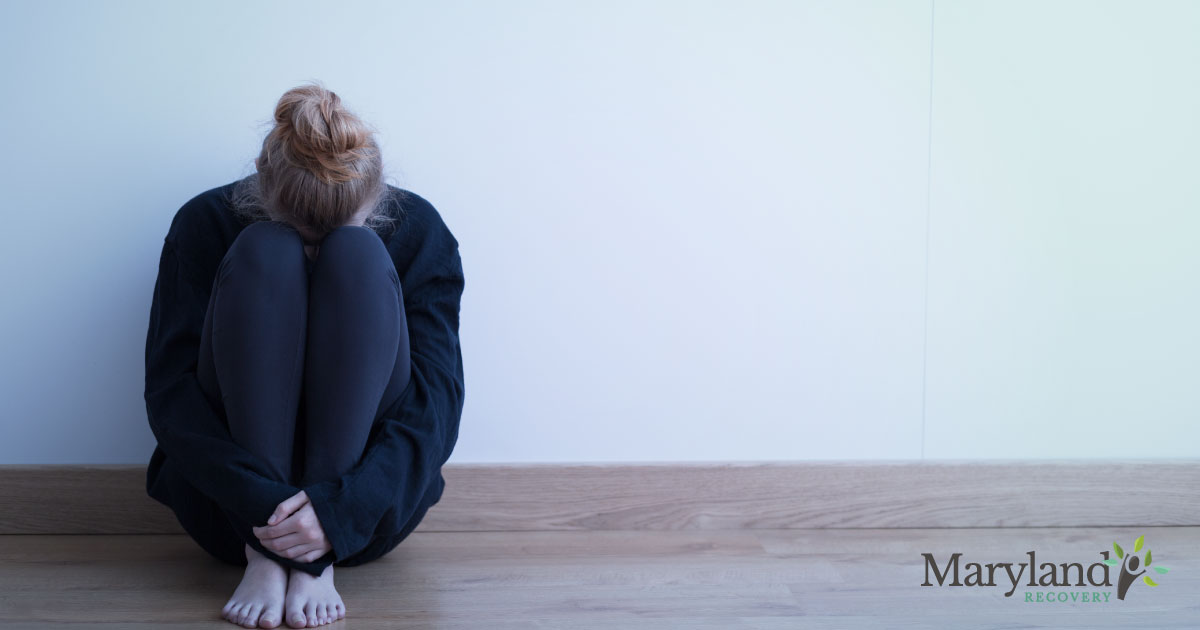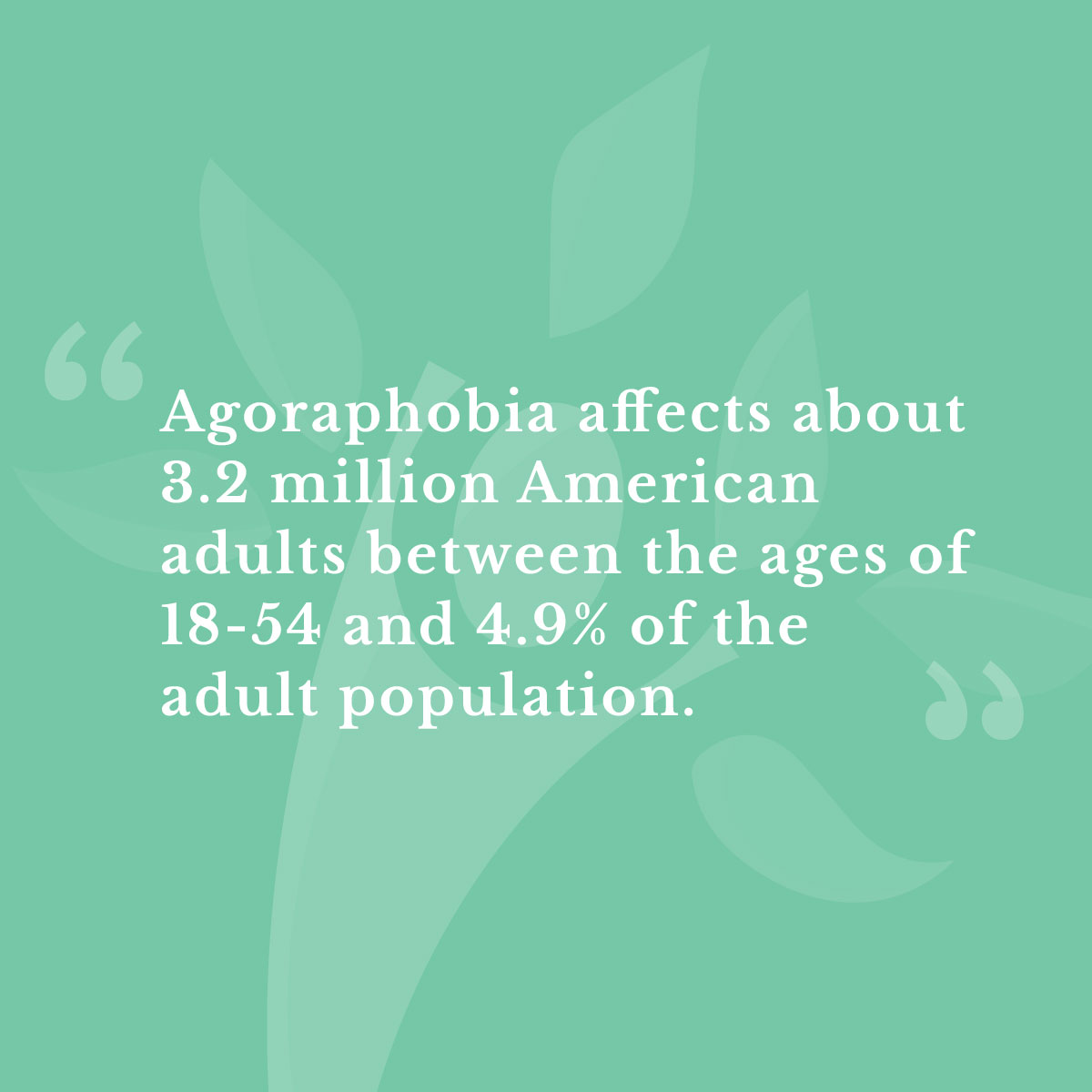
Sometimes I can’t leave my house. I want to. I want to take my son to the movies and go on lunch dates. I want to shop at Walmart without sweating, rushing and having to take my father or brother with me.
But I can’t. The fear is paralyzing, terrifying. Mustering up the courage to go anywhere at all, even when people go with me, proves to be a challenge I often fail. My anxiety nails board upon board until my house is all boarded up and my gumption lost.
I have agoraphobia.
Agoraphobia
The fear of situations or places that trigger feelings of intense fear, panic, helplessness, embarrassment or entrapment.
The fear of having a panic attack in a situation where it would be challenging or embarrassing to escape characterizes this type of phobia. Often triggered by past panic attacks or traumatic events that happened in a similar place or circumstance, agoraphobia causes sufferers to exhibit avoidance behaviors and can keep its victims prisoners in their own homes.
Agoraphobia is much more common in women than in men.
Substance Use Disorder
The recurrent use of alcohol or drugs leading to significant distress, clinical and functional impairment.
Addiction and dependence are products of substance use disorder, with addiction representing the most severe form of the disorder. Characterized by the activation of the brain’s reward center, substance abuse causes people to neglect other activities and responsibilities in favor of taking drugs (or alcohol).
Parallel Disorders
Agoraphobia is one of the many phobias classified as anxiety disorders. It’s worth taking a closer look at anxiety disorders and then exploring the similarities and differences between agoraphobia and codependency.
Anxiety Disorder
Anxiety disorders are a group of mental disorders characterized by excessive fear and worry.
Anxiety disorders exceed normal worries and fears. They are the most common mental disorders and affect approximately 30 percent of adults at some point in their lives.
Excessive anxiety usually involves worry about the future in a way that is disproportional to the real risk. It lasts at least several months and becomes irrational, consuming fear about what could happen. Unhealthy anxiety can also occur when there is no real problem to worry about.
Codependency
The emotional and psychological reliance on a partner for one’s self-worth, approval and identity.
People with codependency often have relationships that are emotionally destructive. The codependent’s partner has poor mental health, addiction issues, emotional immaturity, underachievement or irresponsibility. For these reasons, the codependent’s partner requires excessive support, care and coddling, even.
Often, a person with codependency is an enabler to their partner’s addiction, illness or other character defects. Being a caregiver becomes her role (codependents are more often females), and there is a part of her, some postulate, that wants this dysfunctional role to continue.
The Interrelatedness of Agoraphobia and Panic, Anxiety Disorders and Codependency
 In many cases, people develop agoraphobia because of a traumatic event, and they fear it will happen again in a similar circumstance. For instance, people who experience a panic attack in public will begin to fear it will repeat itself, and thus exhibit avoidance behaviors.
In many cases, people develop agoraphobia because of a traumatic event, and they fear it will happen again in a similar circumstance. For instance, people who experience a panic attack in public will begin to fear it will repeat itself, and thus exhibit avoidance behaviors.
In many ways, agoraphobia is a severe type of anxiety disorder.
Another similarity is in someone with codependency. Codependents rely on others for emotional support and for their identity. When a relationship ends, a codependent person can have a sharp increase in anxieties and loss of self-worth.
When someone is used to always going out with their partner, suddenly having to go alone can feel overwhelming. A codependent feels lost. Anxiety and panic easily follow.
Distinguishing Agoraphobia from Other Anxiety Disorders
Some agoraphobics fear the embarrassment of having a panic attack in public. Panic attacks can be disabling, acute and make a person feel like they are going to die – but they only last a short time. Agoraphobia is ongoing and lasts at least six months.
There are many types of anxiety disorders, most characterized by excessive fear and worry. Consider aerophobia, the fear of flying, which is limited to one particular type of situation that hinders a person’s life. Contrasted with the fear of leaving the house, aerophobia is a much more specific type of anxiety and not so all-encompassing.
Agoraphobia and Substance Abuse
Individuals dealing with fears of going out or being in public places or circumstances, such as being stuck in a crowd, are at increased risk of abusing drugs and alcohol. Some individuals have become dependent on alcohol or drugs to relax enough to be able to get out of the house at all.
Agoraphobics have a very high rate of alcoholism. Researchers attribute this increased rate-per-demographic to the propensity for self-medicating the emotional pain that agoraphobics experience.
The longer someone has untreated agoraphobia, the higher risk they have of their anxiety disorder leading to alcohol and drug use or other mental illnesses (such as personality disorders).
Dual Diagnosis: Agoraphobia and Addiction
All too often, anxiety goes hand in hand with addiction. These co-occurring disorders are very common. People suffering from anxiety seek relief with self-medication like alcohol. Alcohol is very addictive, and it doesn’t take long for someone to find themselves down the road toward alcoholism.
Oftentimes, those suffering from anxiety and addiction find their anxieties increase after quitting drugs and alcohol. This makes relapse more common among those with a dual diagnosis. Without ongoing long-term care and therapy, those with agoraphobic behaviors or panic attacks and substance use disorder are a high risk for relapse.
The Best Agoraphobia Treatment Plan
If you or a loved one begins to experience fears of going to certain places or being in particular settings, practice going to those places before the fear becomes overwhelming. The more a person succumbs to those fears, the worse the condition becomes. If you or a family member has developed irrational fears or exaggerated worries, get help as soon as possible.
If you have someone close to you whom you suspect is dealing with these kinds of issues, most likely they will have trouble reaching out for help. It’s the nature of these disorders. They will need your help to take the first step toward recovery.
Maryland Recovery’s extensive expertise in treating people suffering from agoraphobia and addiction proves to be an unparalleled rehabilitation experience. A dual diagnosis of agoraphobia and substance use disorder is something we see quite regularly at Maryland Recovery.
Our specialists understand and empathize with what your loved one is going through. We are here to help people by offering emotional support and the necessary tools for recovery. Our caring staff brings an unmatched level of care in treating dual diagnosis clients.
The program at Maryland Recovery can help your loved one unearth core issues in relation to anxiety disorders and addiction. Dual diagnosis requires long-term care and continuing support to achieve successful recovery and healing. Your loved one is facing a very difficult period of life. Help alleviate their suffering; the longer you wait, the harder anxiety disorders are to treat.
See Our Anxiety Disorders Fact Sheet
Reviewed by Christopher Schwartfigure MS, LGPC, CAC-AD








